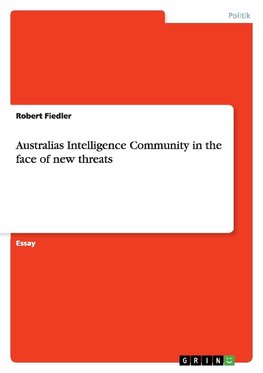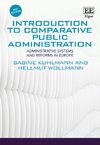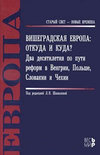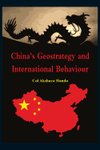
-
 Nemecký jazyk
Nemecký jazyk
Australias Intelligence Community in the face of new threats
Autor: Robert Fiedler
Essay aus dem Jahr 2008 im Fachbereich Politik - Internationale Politik - Region: Australien, Neuseeland, Note: 1,9, Macquarie University, Sprache: Deutsch, Abstract: During the cold war Australian intelligence agencies did what intelligence agencies where... Viac o knihe
Na objednávku, dodanie 2-4 týždne
14.76 €
bežná cena: 16.40 €
O knihe
Essay aus dem Jahr 2008 im Fachbereich Politik - Internationale Politik - Region: Australien, Neuseeland, Note: 1,9, Macquarie University, Sprache: Deutsch, Abstract: During the cold war Australian intelligence agencies did what intelligence agencies where expected to do, gathering information and knowledge on a defined enemy represented by states or military alliances such as the Warsaw Pact. In a post-cold war era, these conventional threats still exist, however they are overlaid by other security threats such as regional instability, the rise of international terrorism, the proliferation of weapons of mass destruction, transnational crime and non-human agency threats such as climate change. The problem with this new security agenda is the asymmetry of these new threats since the nation state Australia has to cope with groups, networks, non-state actors, or even individuals, some of them are hard to detect and even harder to combat. Therefore, strategic uncertainty has become one of the defining determinants in a new security environment. The rapid growth of human and financial resources devoted to Australian Intelligence demonstrate the relevance conceded to intelligence, now considered to be the "the most effective tool in the struggle against new security threats" (Ungerer, 2008a, p. 1). Yet, it is necessary to analyze if Australia's intelligence community (AIC) measure up to the high expectations and challenges posed by the new security agenda. This paper will provide an assessment of AIC's efforts to combat asymmetric threats by analyzing the performance of intelligence agencies in the face of selected asymmetric threats. Based on the results of this assessment, steps towards a more effective intelligence answer to non-conventional security threats will be proposed.
- Vydavateľstvo: GRIN Verlag
- Rok vydania: 2010
- Formát: Paperback
- Rozmer: 210 x 148 mm
- Jazyk: Nemecký jazyk
- ISBN: 9783640784905

 Anglický jazyk
Anglický jazyk 






 Ruský jazyk
Ruský jazyk 



